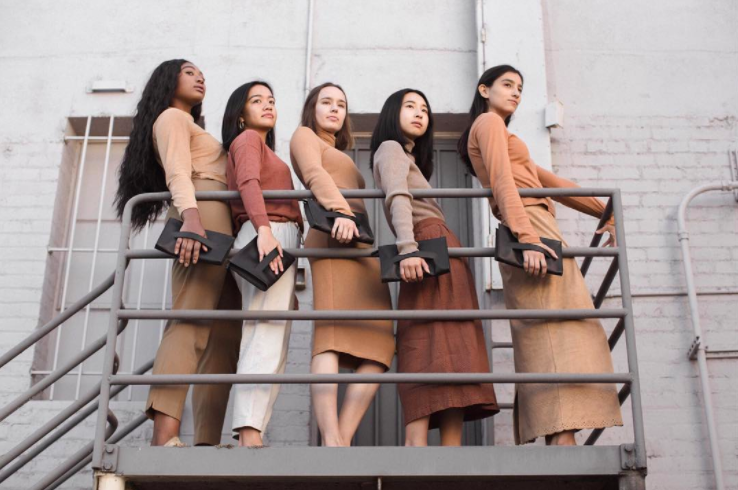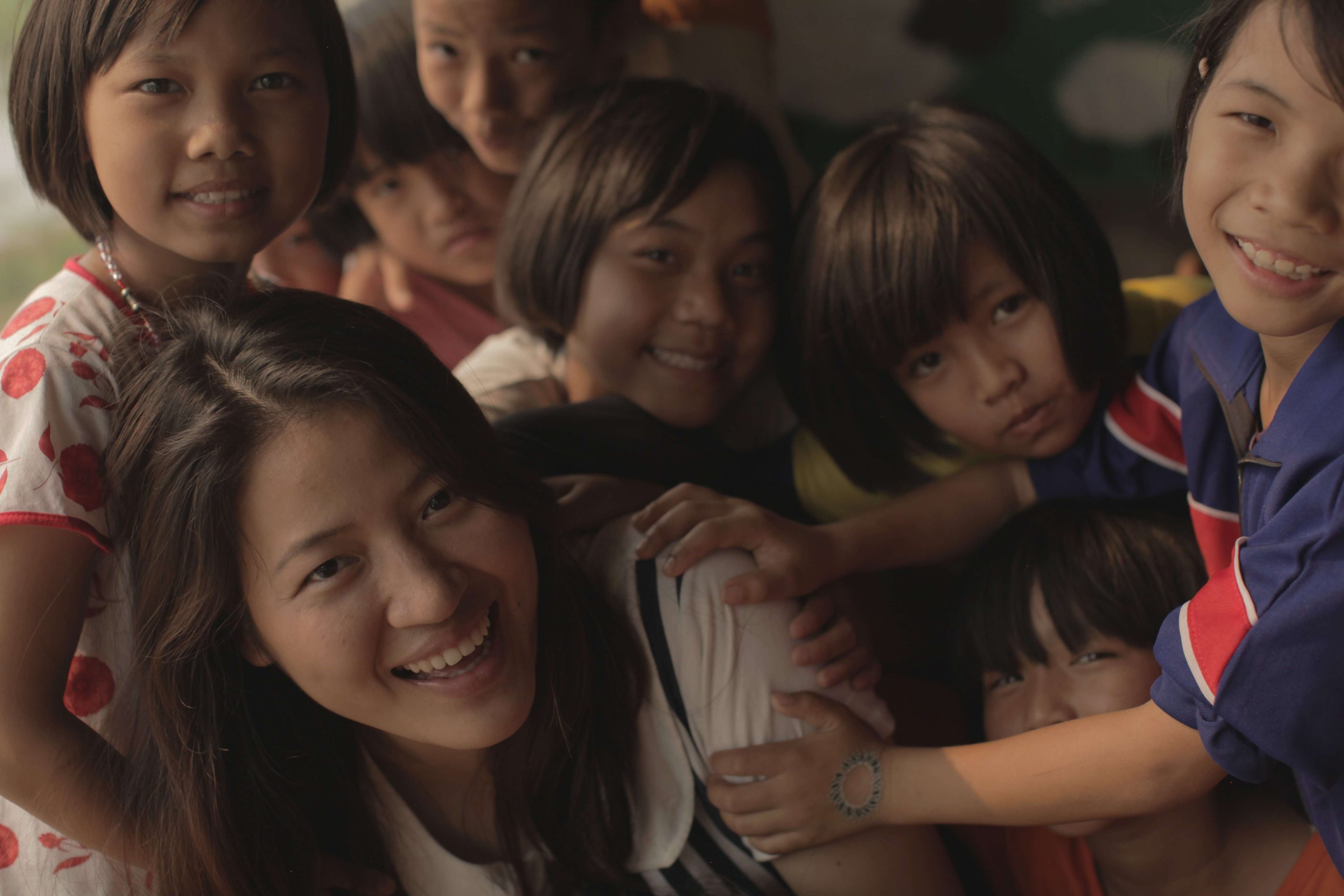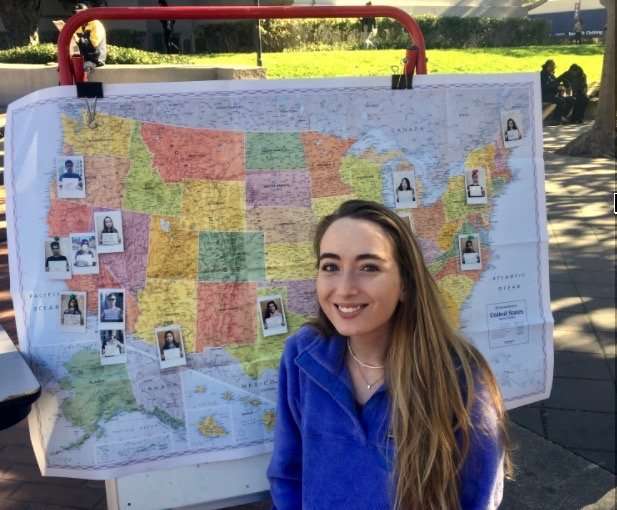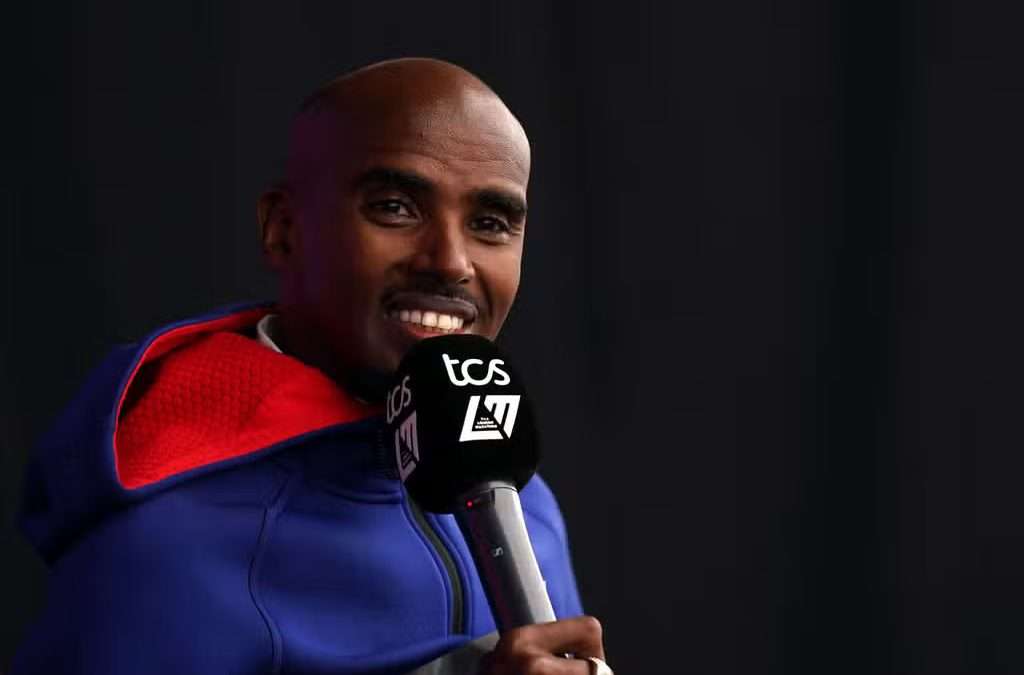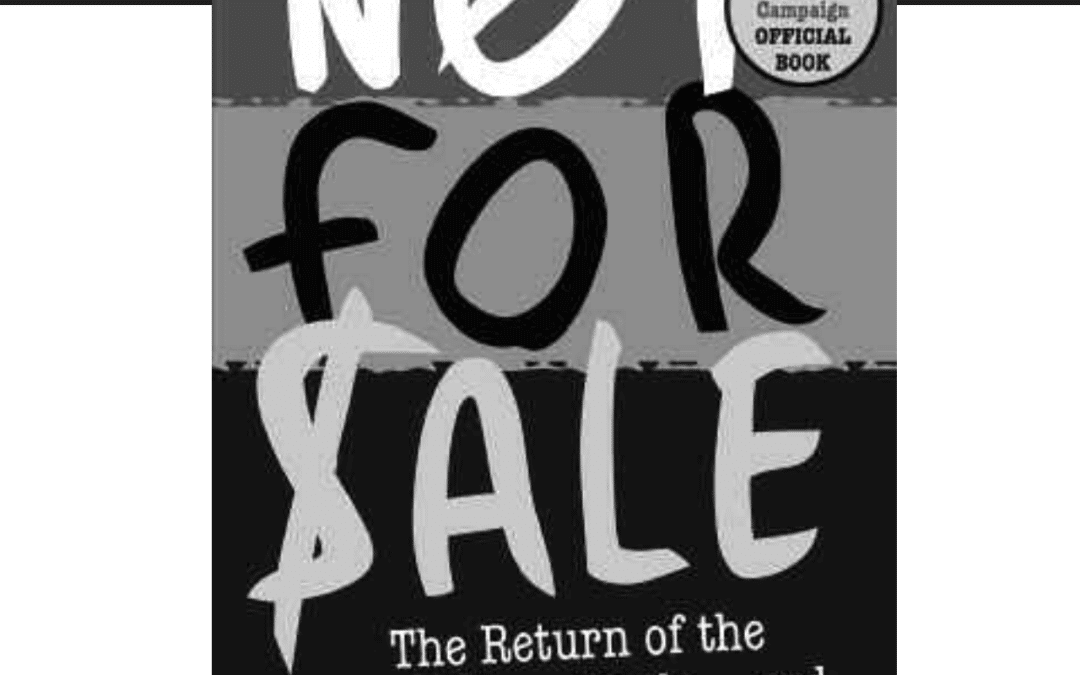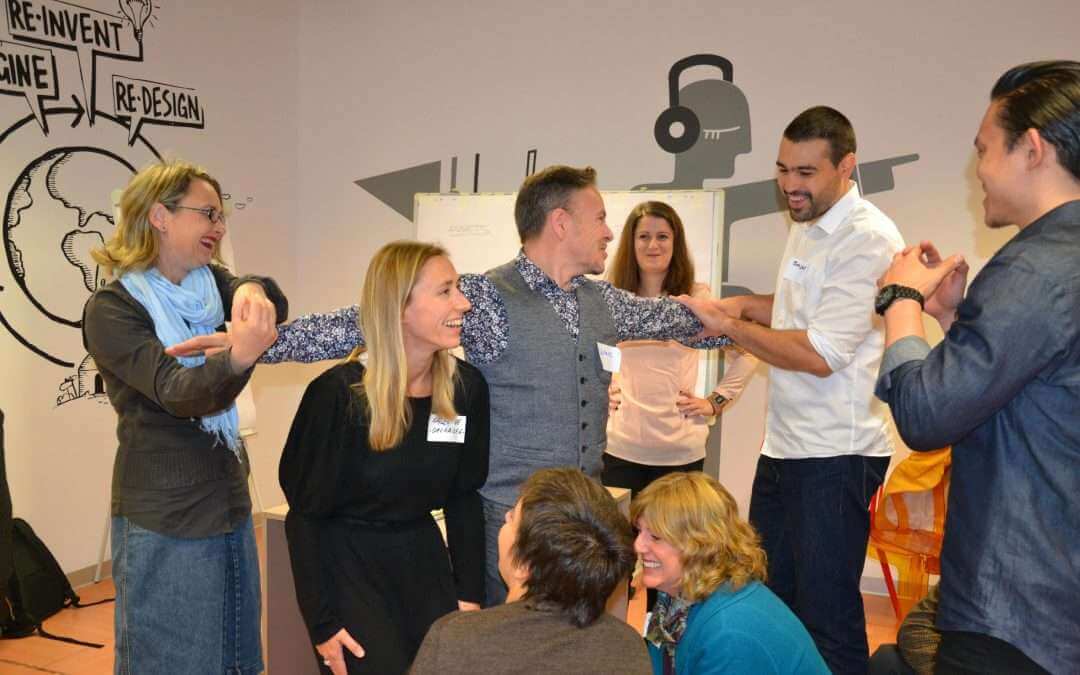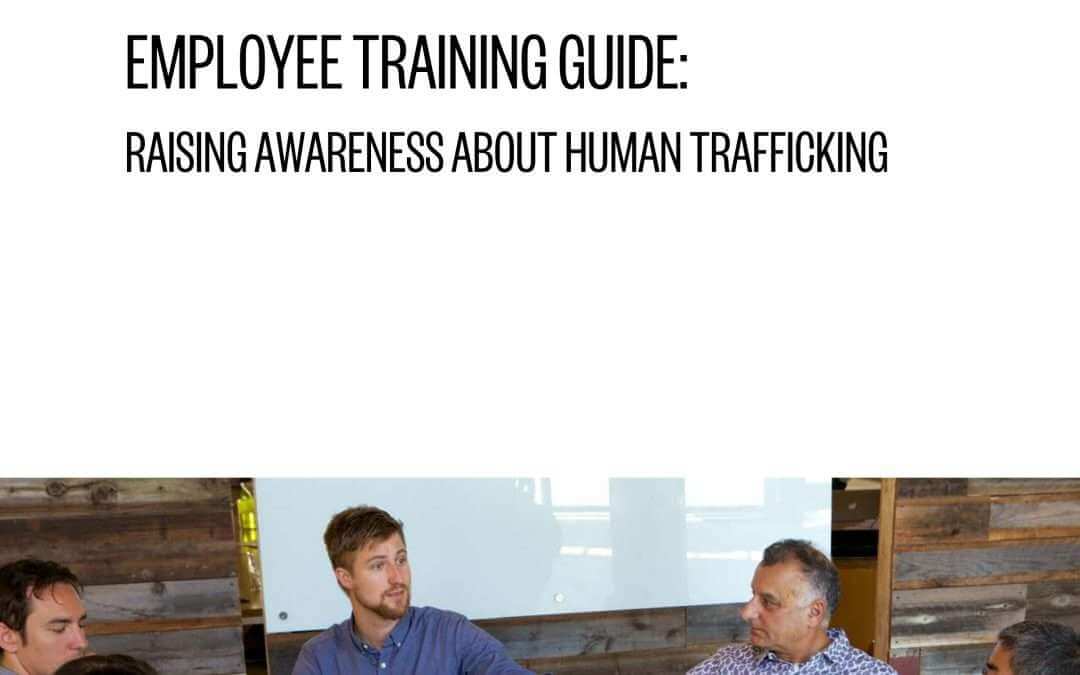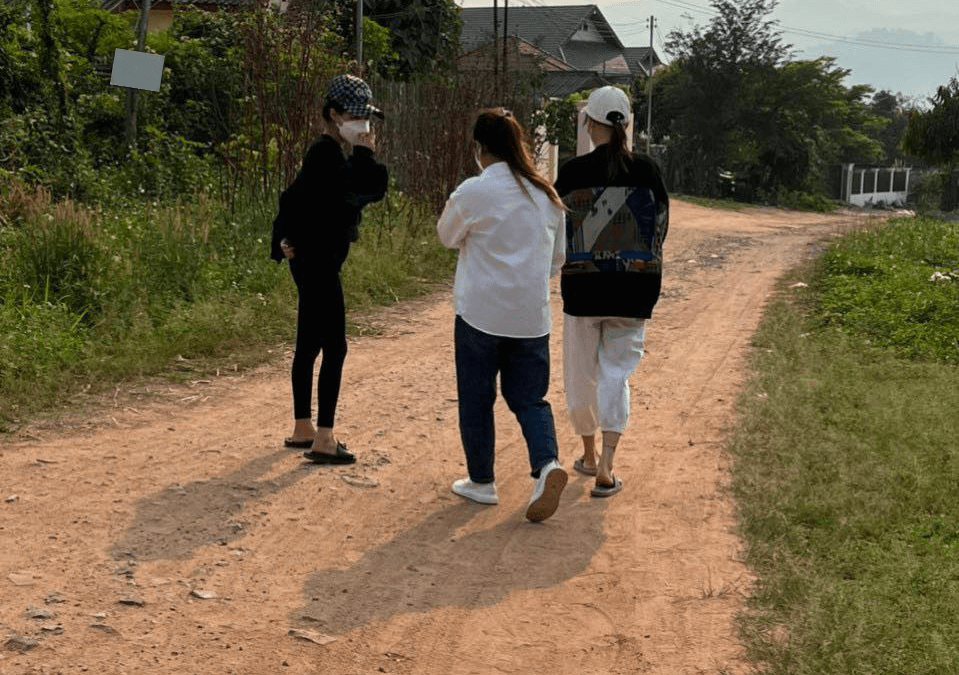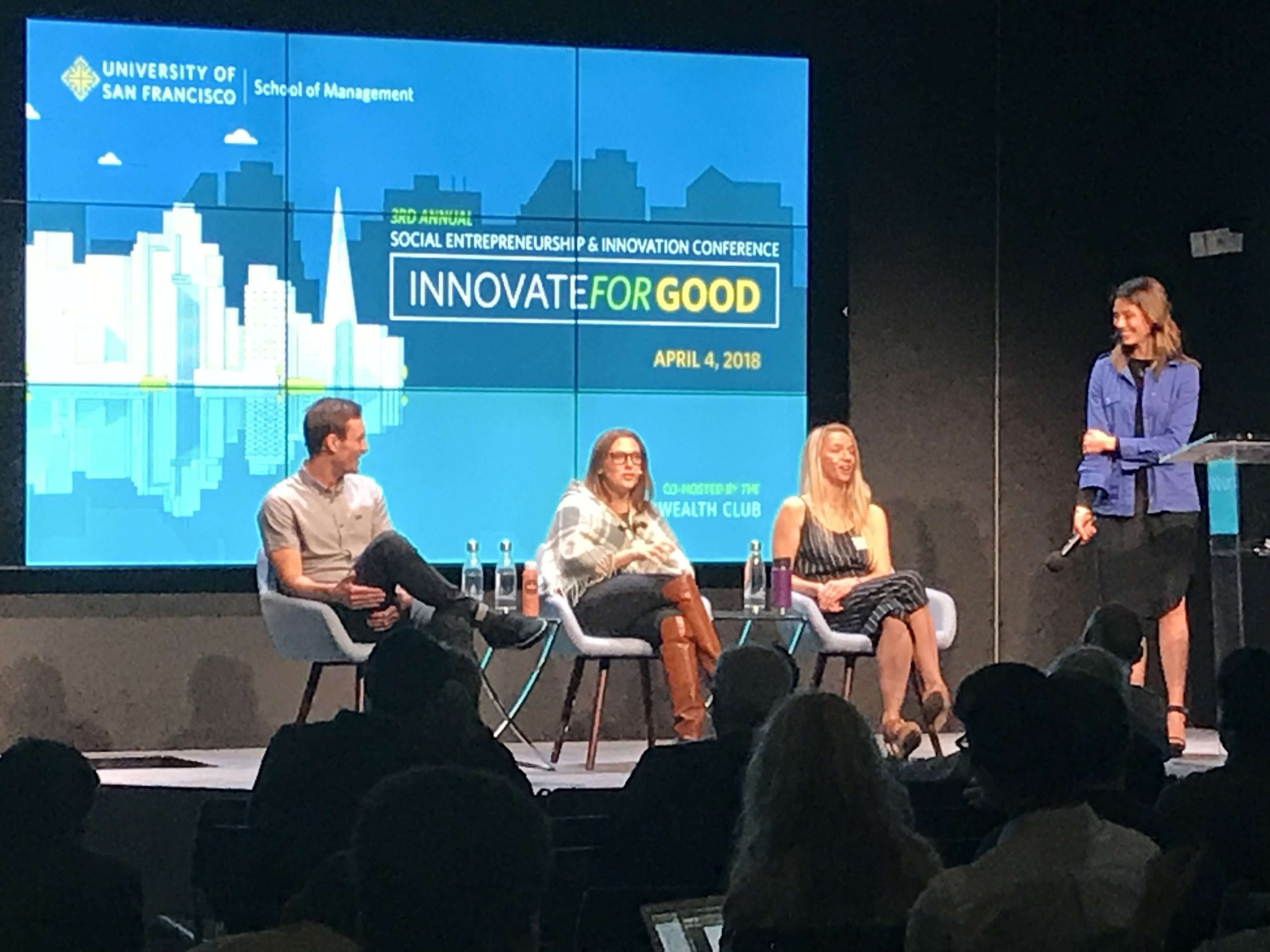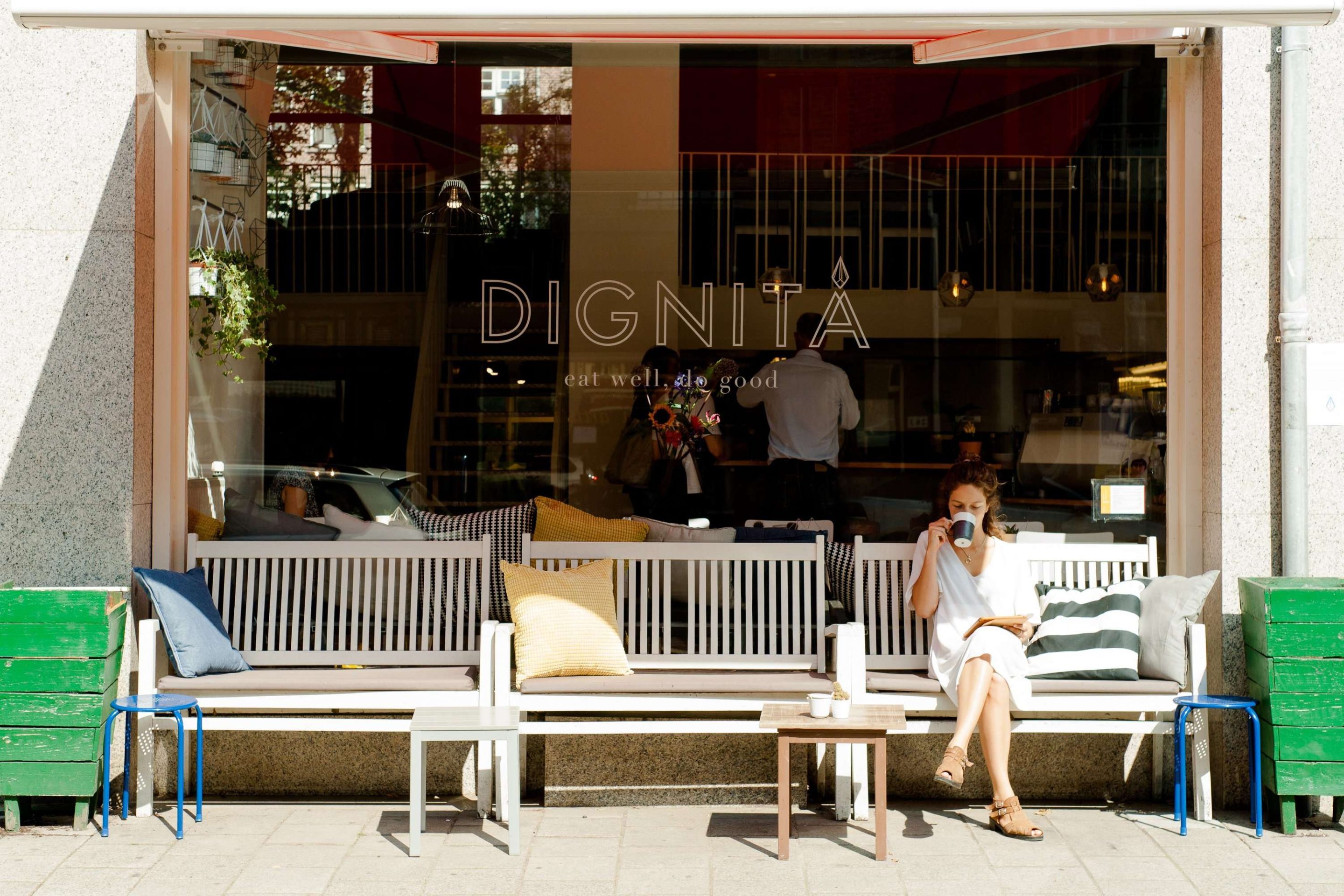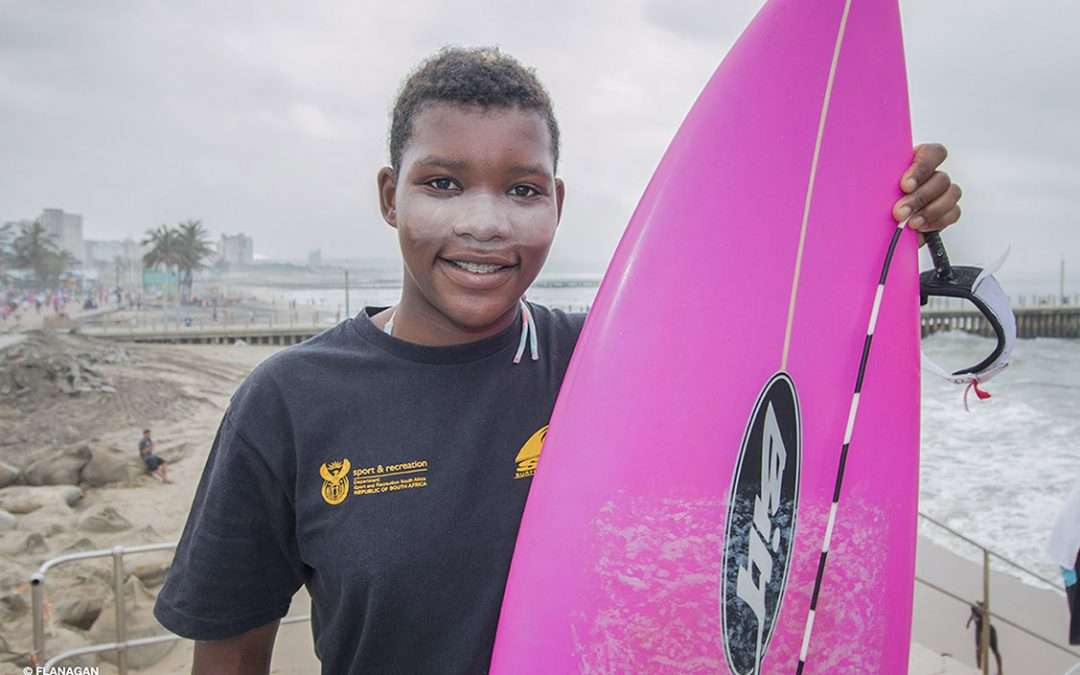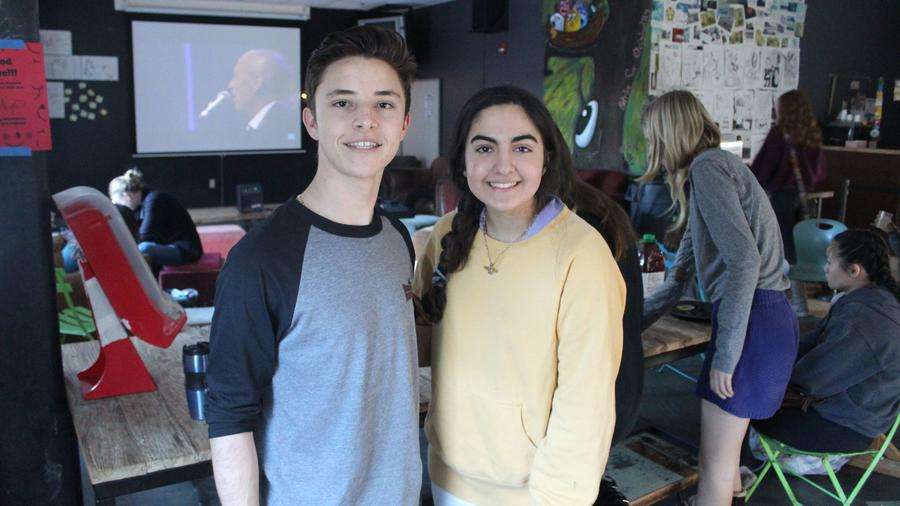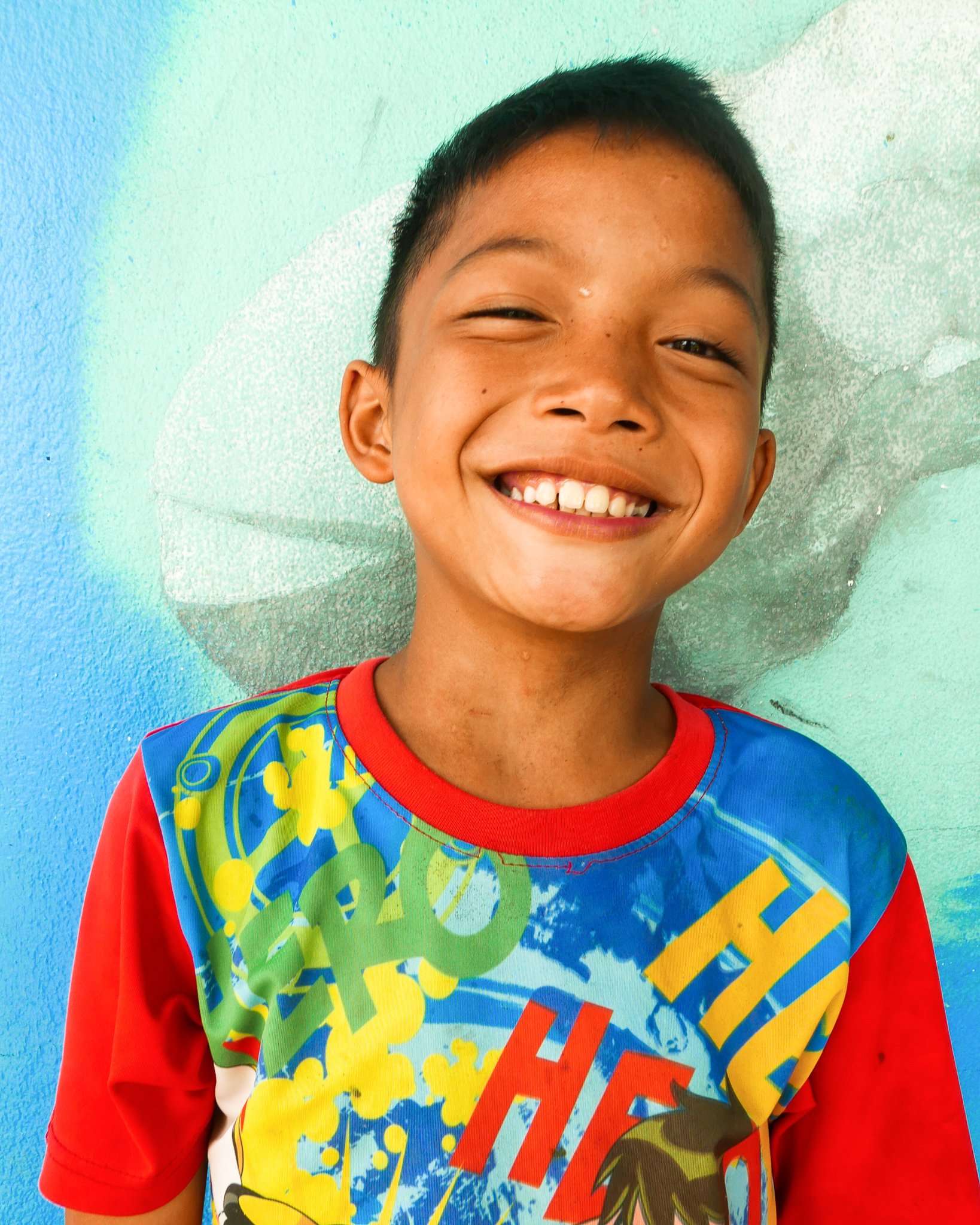Very cool news story in the Evening Standard (London) announcing our November 1, 2023 gala at M Restaurant. Olympic and world champion (10 times!!) runner Sir Mo Fahar will join Not For Sale President and Cofounder David Batstone and M owner/founder Martin Williams...
Good Ethics in Every Step: Z Shoes’ Radical Transparency
Z Shoes is a Not For Sale partner brand that consistently shows a deep resolve to #InnovateForGood. Within a deeply exploitative industry, Z Shoes has crafted a sustainable business model which considers the impact of each product on people and the planet while still maintaining a profitable brand.

The Exploitative World of “Fast Fashion”
Most of the clothing, shoes, and accessories that flood the fashion marketplace today fit within the category of “fast fashion”: trendy, cheaply made goods that are churned out quickly and discarded almost as if they’re disposable. Fast fashion doesn’t come without a devastating cost. Manufacturers are chosen for how quickly they can produce clothing for the least amount of money, not for how ethically workers are treated or how sustainable their process is. Some fashion companies can’t even trace their supply chain, as the drive for cheaper and cheaper prices leads to shady subcontracting deals that can be rife with child labor and other types of labor exploitation.
Consumers, now more than ever, have a window into the world in which our clothes, shoes, and accessories are made. We hear about workers fainting in Nike manufacturing facilities or withheld wages and deadly fires in flip flop factories. It’s clear that something must change within the fashion industry, and that individual consumers and fashion giants alike need to be a part of the solution to the exploitation and slavery that plague it. Activism movements like Fashion Revolution, a global campaign pushing for greater transparency and better ethics within the fashion industry, help consumers form a strong collective voice in asking companies for more ethically made clothing.
Fashion Revolution urges consumers to ask brands “Who made my clothes/accessories/shoes?”, holding brands accountable for how people and the planet are affected by the making of the products that we wear. Not For Sale brand partner Z Shoes is prepared to answer that question. Aa a brand that values transparency and good ethics, Z Shoes is open about the company’s supply chain, and proud to share their partnership with Not For Sale in building social enterprises to empower communities at risk for human trafficking.

Z Shoes Innovates For Good In The Fashion Industry Through Every Step Of The Supply Chain
150 billion in profits are generated annually by businesses employing slavery and exploitation (more than the revenues of Google, Microsoft, Apple, ExxonMobil, and JP Morgan Chase combined!). Numbers for labor exploitation and human trafficking continue to grow – currently it’s estimated that 45.8 million people around the globe are being exploited and living without access to basic human rights.
Z Shoes was born out of a desire to create a business that would fight those statistics through offering a path to economic opportunity within vulnerable communities in Peru. The Peruvian Amazon is one of the most resource-rich areas in the world, but also one of the poorest. Labor exploitation, sex trafficking, child malnutrition,and illiteracy, are all catalyzed by economic vulnerability and poverty. Economic Instability is a root cause of the community’s vulnerability to exploitation. Z Shoes intentionally crafted a supply chain that has a positive impact at every step.
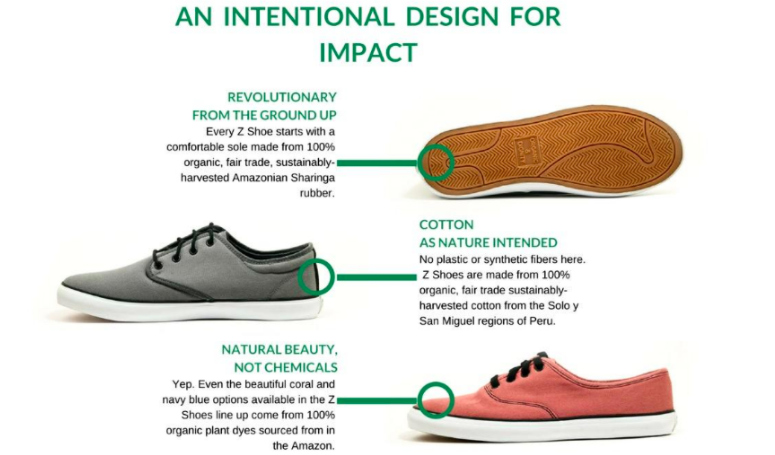
The Cotton
Z Shoes’ partners on the ground in Peru have been growing Natural Cotton Colors in earthy beige, brown, chocolate, green and mauve tones since 1978. We support the growers’ unique Amazon jungle Drug-Free cotton program, which offers a viable alternative to illicit coca leaf cultivation. Our partners were the first to certify the superior Peruvian Pima fiber– the longest, strongest and softest cotton anywhere — as organic. Our cotton is USDA Organic certified.
Only natural, plant-based dyes are used for Z Shoes, ensuring that we only contribute toward preserving the environment beauty of the Amazon, rather than harming it though polluting it with chemical or synthetic dyes.
Though souring the cotton used for Z Shoes, thoughtfully, Z Shoes supports the use of environmentally conscientious practices of small farmers and producers, while fostering sustainable relationships and understanding among American peoples of diverse ethnic and cultural heritages.
The Rubber
The rubber used to craft the soles of Z Shoes is sourced from a local indigenous tribe of the Iberia region of Peru’s Amazon. Harvesters (Shiringueros) make incisions across the latex vessels, just deep enough to tap the vessels without harming the tree’s growth, they then leave small buckets to collect the latex. This process is known as rubber tapping. Their process epitomises the term sustainability. So much so, that the local harvesters are still tapping rubber from the same trees that their great grandfathers once did generations before.
Natural rubber is biodegradable, as is cotton, meaning that Z Shoes’ designs will break down and return to the earth at the end of their lifecycle.
Who Made Your Z Shoes?
Z Shoes are made in both Lima, Peru and Portugal (the Self Love line). Each factory uses fair trade practices and allow their employees opportunity for growth. 60% of Z Shoe’s partner factory in Portugal’s employees are women, and 200 local residents are employed through the factory.

The Impact
2.5% of every shoe sold returns to Not For Sale, where it is used to support indigenous communities in the Peruvian Amazon through building schools, installing clean water systems, helping to build farms, and more. Not For Sale has developed a scholarship program to provide housing, school fees, supplies and emotional support for vulnerable children in rural parts of Peru, and we also provides artisan training and small business workshops for hundreds of women in the Amazon. The women develop self esteem while learning marketable trades and skill sets.
Z Shoes not only seeks to join the growing force of businesses pushing for a more fair and ethical fashion industry, but also offers consumers a chance to take a step forward for freedom and for fairness for all.

